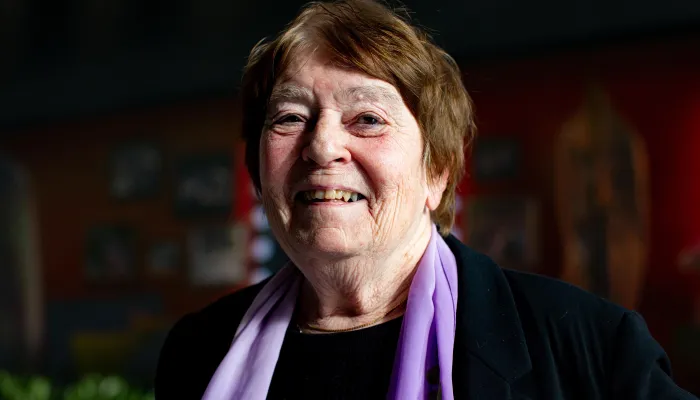Vanessa Moeller
Biography
The first diary entry Vanessa Moeller’s mother wrote about her reads, “Vanessa wrote on the white wall with a red marker.” It was a portent of things to come. Since that fateful day, she’s been writing and drawing and is committed to literacy and the arts. While her poetry tends to gravitate towards free verse, she has dabbled in ghazals, sonnets, and ekphrastic poetry. She also translates poems from German to English, especially the works of Hilde Domin. Her work explores themes of language, time, memory, travel, immigrant identity, art, and the challenges of translation. Her influences include Karen Connelly, Michael Ondaatje, Allan Cooper, Pablo Neruda, and Federico Garcia Lorca. Her work has appeared in numerous periodicals and has won several awards, including the Atlantic Poetry Prize and an honourable mention at the 2010 National Magazine Awards. Her first poetry collection, Our Extraordinary Monsters, was published by Signature Editions.
Micro-interview
I read a lot of poetry while I was in high school. I was incredibly drawn to the sensuousness in the work of people like Ondaatje, Neruda, and Lorca, but it was Karen Connelly’s work that made me want to write. One poem I deeply loved as a teenager was Robert Frost’s “Fire and Ice” – it’s still the only poem I can recite by heart.
I started writing poetry when I was 16, which coincides with when I began reading it seriously. I think I began to think of myself as a poet when I won the Atlantic Poetry Prize as that was the first time my work was judged by other professional writers.
I think a poet’s job is to be curious, to love language, to experiment, to magnify details, to use the smallest moments to show larger truths.
I would choose "Five Postcards from Jericho" by Sina Queyras. I’d want to memorize this poem for a number of reasons. The first being that I have huge respect for the work Queyras does — it's fierce, fresh, and I always feel empowered after reading her words. Secondly, the rhythms in this poem are amazing — memorizing this piece would be like memorizing a song only you know the whole melody to. And, finally, there are just so many layers to this piece that memorizing it would only reveal more and more to me, which I really love and respect in a work.


